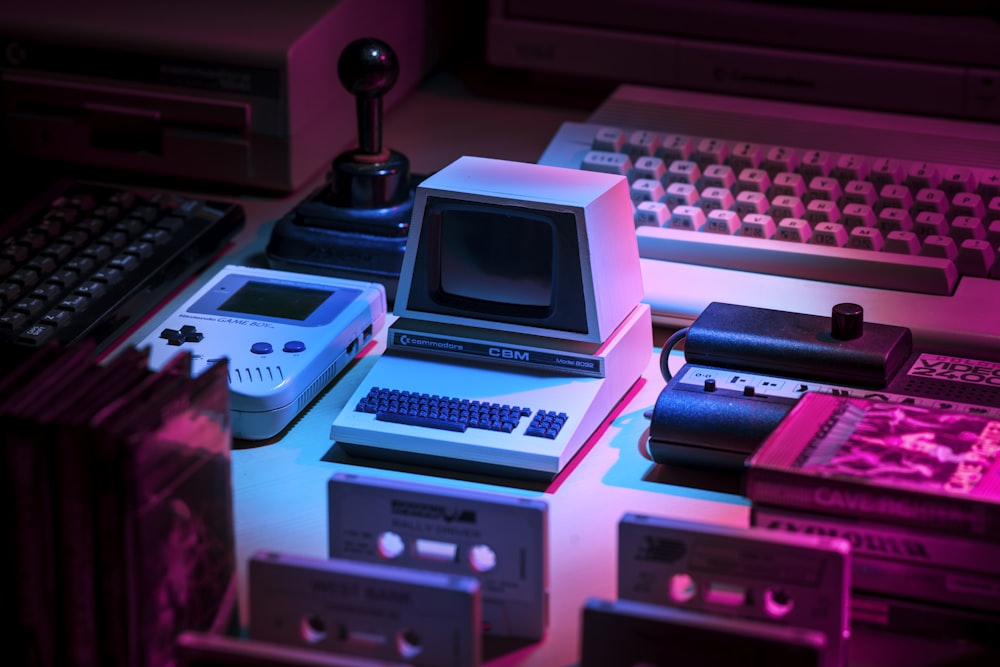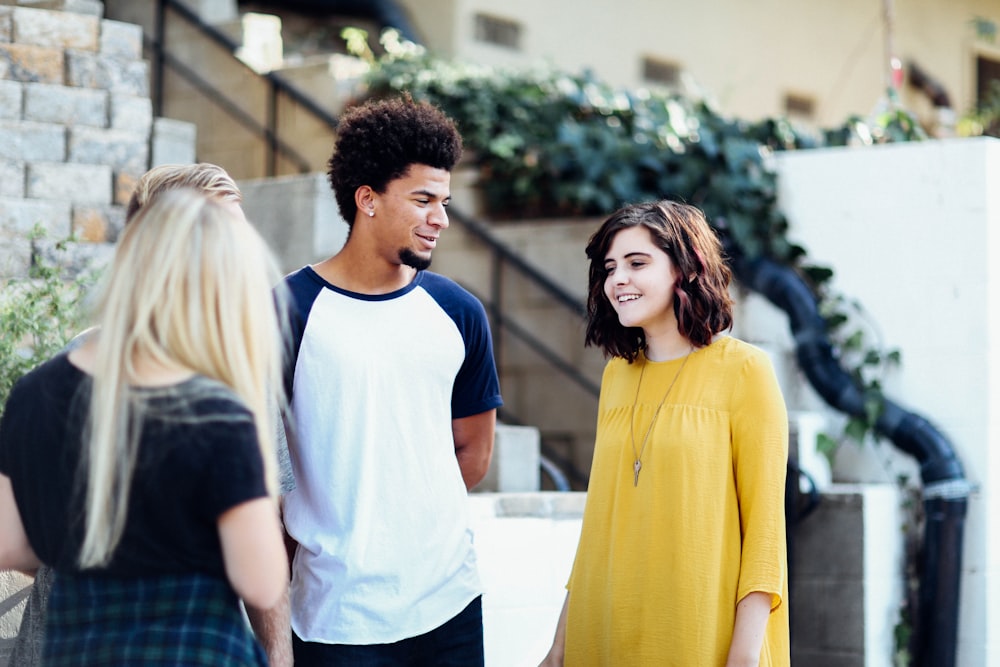I often start these articles by dating myself: early 40s now, grew up in the 80s and 90s, graduated college in Missoula in the early 2000s. This is partly a nice opportunity to reminisce. But it also helps to let you know where I’m coming from.
And it lets you know that I know that different generations are facing very different challenges today.
Social media and a Ray of Hope
With that said, we might say that it can make sense that the social media that was new and exciting and empowering for me in my late 20s is different for young people in their teens and 20s today. A recent report from the U.S. Surgeon General even made clear that social media can present a “profound risk” to children and adolescents.
However, there was also an article published in The New York Times chronicling the benefits of social media for certain young people: specifically, L.G.B.T.Q. youth.
In a society that is still filled with hatred and intolerance toward many in this community, social media can be an oasis of allies and friends. I wrote last time about the importance of in-person friend groups, such as the one I developed with kids along the dusty road I grew up on north of Helena.
That group helped me find a place within it, and luckily I could fit in. But what if I couldn’t? What if, like many young people today and in the past, my unique characteristics and personality traits were not accepted? That could have caused deep harm.
For L.G.B.T.Q. youth, feeling unaccepted is far more likely, both among peers and even family members. For them, virtual communities can provide a sense of belonging when people around them cannot. Jessica Fish, who studies L.G.B.T.Q. youth and their families at the University of Maryland School of Public Health, offered the analogy of gay bars—places where L.G.B.T.Q. folks can go to meet people in a relatively safe environment. But just as bars can be dangerous, the internet has its risks as well. For most, though, the benefits outweigh those risks.
Finding Fellow-thinkers
I believe this sense of connection goes beyond L.G.B.T.Q. youth as well, to all sorts of characteristics or interests or beliefs that might leave us feeling alone and disconnected. When I was 19, I dropped out of business school in Missoula and moved back to my hometown. I read books, worked, and tried to figure out my life.
One of the books that most opened my eyes (and I’ve written about this recently) was Dostoevsky’s Crime and Punishment. The book made me think deeply about good and evil and ethics in a world stripped bare of religious moral guidelines. I had long considered myself an atheist at that point, but this book made me feel that I had to interrogate that belief (or lack of beliefs) to its core.
In Helena, Montana in the late 1990s, I didn’t know where to go. So I ventured out onto the internet. This was before social media, but we had chat rooms and listserves for all of the topics you could think of. So I signed up for those and made my way down the rabbit-hole of atheism, humanism, free thought, and all of the other labels and ideas associated with being “outside” of the Christian American world.
I felt seen. I felt that I had found my people. But of course those people were spread across the country and beyond. And from what I can remember, I never even saw most of them—it was all just words on a computer screen.
Connections Matter
I did, however, meet one: a woman 10-15 years older than me named Lori. She, too, felt trapped and isolated in a very Christian world and wanted to talk about atheism and science with likeminded people. That connection gave me trust in my path. When I went back to the University of Montana after a year off, I founded a “Campus Freethought Alliance” group and met more atheists and humanists who wanted to connect.
Those connections, that began on the internet, helped drive my interest in religion that ultimately led to my earning a Ph.D. in comparative religious ethics and teaching philosophy and religious studies courses in several colleges and universities.
Conclusion
For these young LGBTQ individuals, social media can end up feeling like a battleground, a constant tug of war between acceptance and judgment. The exposure to this level of criticism, especially during these formative years, can take a toll on their mental health. It can lead to anxiety, depression, even self-harm.
Now, what we need to remember here is that shutting down social media or keeping kids away from it isn’t necessarily the solution. This is their world, it’s where they connect, where they communicate. What we need to do instead is educate them. We need to teach them about the risks, about privacy, about standing up to online bullies. We need to empower them to create a safe space for themselves in this digital world.
And, this responsibility isn’t just on the parents. It’s on all of us – teachers, counselors, friends, and society as a whole. We need to show these kids that it’s okay to be themselves, to stand up for what they believe in. They need to know that their identity is not something to be hidden or ashamed of, but something to be celebrated.
 Justin Whitaker, Ph.D., holds a doctorate in Buddhist ethics from the University of London. He has given lectures, and taught Buddhist studies and Philosophy at Oxford University, the University of Hong Kong, the University of Montana, and at Antioch University’s intensive study-abroad program in India. A certified meditation teacher, he is a regular contributor to Patheos.com, and Senior Correspondent for Buddhistdoor Global. Justin is the official blog writer for Sunflower Counseling MT in Missoula, Butte, Kalispell, Billings, and surrounding areas. He lives in Missoula with his family.
Justin Whitaker, Ph.D., holds a doctorate in Buddhist ethics from the University of London. He has given lectures, and taught Buddhist studies and Philosophy at Oxford University, the University of Hong Kong, the University of Montana, and at Antioch University’s intensive study-abroad program in India. A certified meditation teacher, he is a regular contributor to Patheos.com, and Senior Correspondent for Buddhistdoor Global. Justin is the official blog writer for Sunflower Counseling MT in Missoula, Butte, Kalispell, Billings, and surrounding areas. He lives in Missoula with his family.



